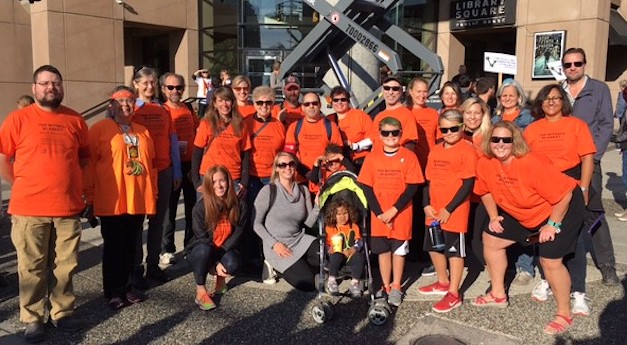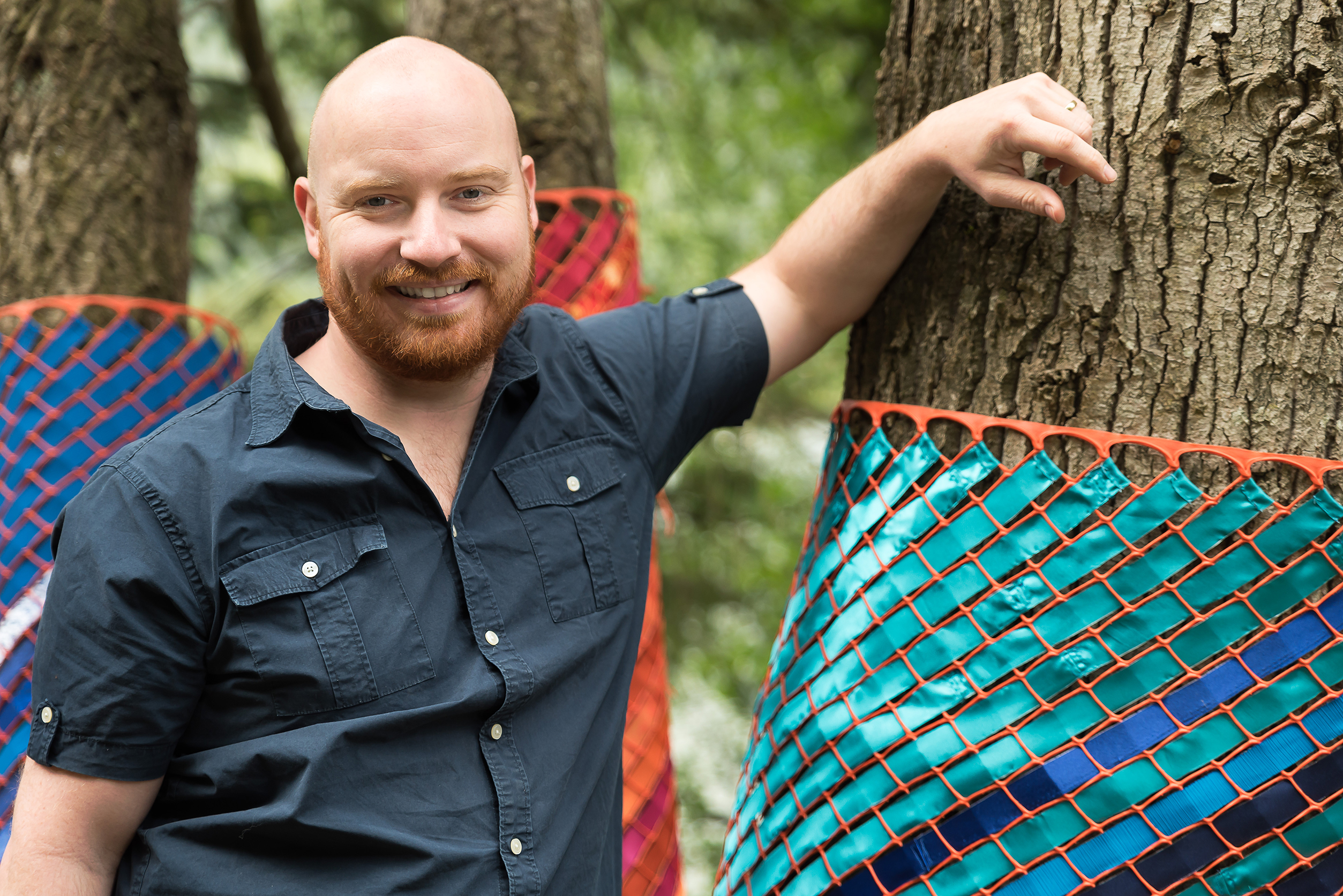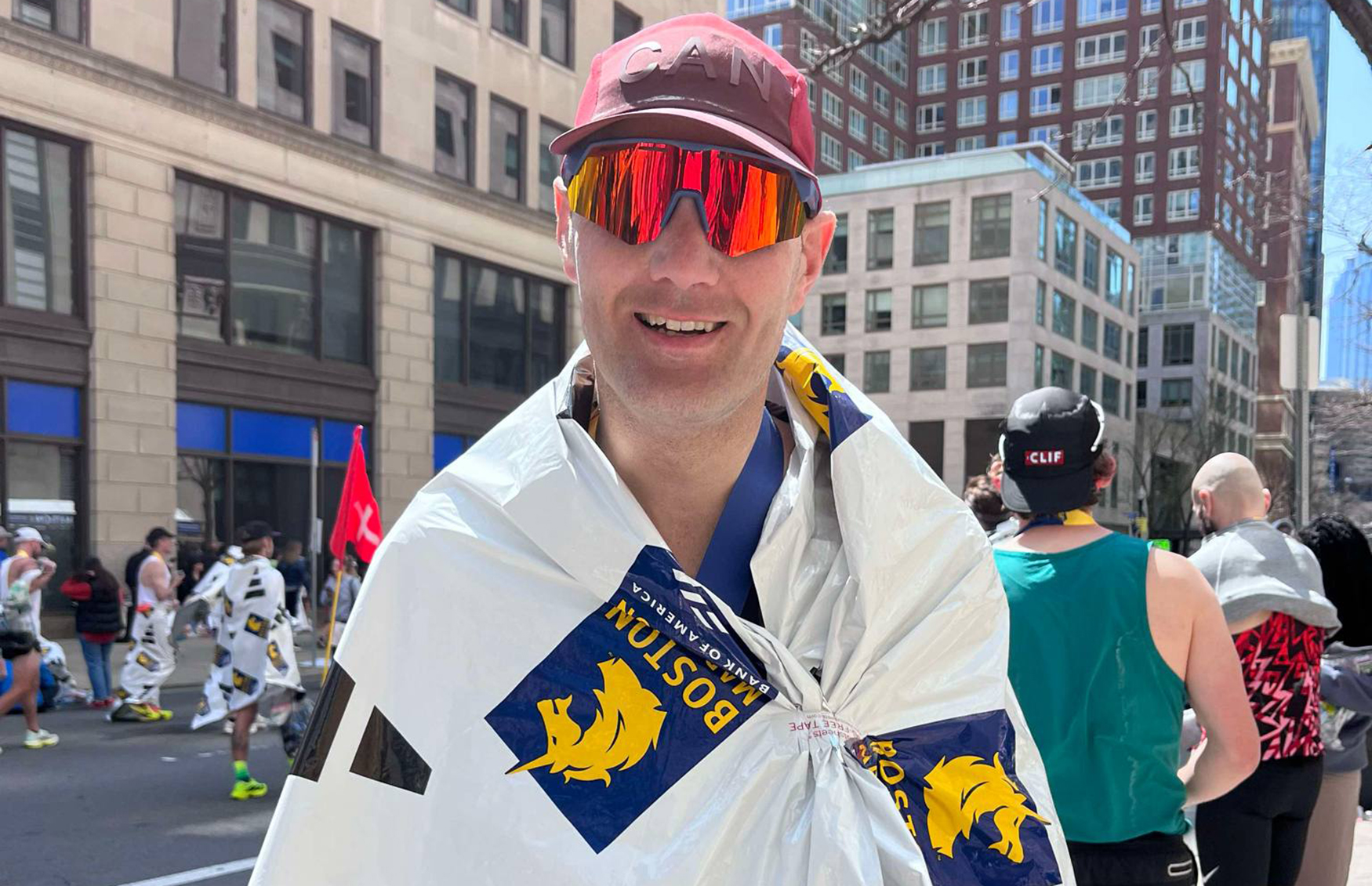Phyllis Webstad, whose story inspired Orange Shirt Day, to speak at UFV event

UFV will be commemorating Orange Shirt Day a little early this year, and presenting a special guest to provide insight and education about the generational impacts of the Indian Residential School system in Canada.
Phyllis Webstad, whose personal story inspired the Orange Shirt Day movement, will speak at UFV in a Zoom meeting format on Monday, Sept 21, at 12:30 pm.
This event will take place on Zoom. The public is welcome and admission is free. All participants will receive a surprise commemorative gift.
“We are very fortunate to have Phyllis join us at UFV. It takes tremendous courage to talk about the darkest corners of history. And, it is incredibly generous of her to share the journey back towards reconciliation. It is a real gift to spend some time with Phyllis. She was going to be with us in person, but because of COVID-19 restrictions we will be interacting with her via Zoom,” notes Shirley Hardman, Senior Advisor on Indigenous Affairs at UFV.
When Phyllis Webstad was six years old, she proudly wore a new orange shirt to her first day at residential school.
“I went to the Mission for one school year in 1973/1974. I had just turned 6 years old. I lived with my grandmother on the Dog Creek reserve. We never had very much money, but somehow my granny managed to buy me a new outfit to go to the Mission school. I remember going to Robinson’s store and picking out a shiny orange shirt. It had string laced up in front, and was so bright and exciting — just like I felt to be going to school!
“When I got to the Mission, they stripped me, and took away my clothes, including the orange shirt! I never wore it again. I didn’t understand why they wouldn’t give it back to me, it was mine! The color orange has always reminded me of that and how my feelings didn’t matter, how no one cared and how I felt like I was worth nothing. All of us little children were crying and no one cared.”
Once Webstad started sharing her story in 2013, the Orange Shirt Day movement was born. Orange Shirt Day is also an opportunity for First Nations, local governments, schools and communities to come together in the spirit of reconciliation and hope.
“I am honored to be able to tell my story so that others may benefit and understand, and maybe other survivors will feel comfortable enough to share their stories,” she notes.
Phyllis Webstad is Northern Secwpemc (Shuswap) from the Stswecem’c Xgat’tem First Nation (Canoe Creek Indian Band). She comes from mixed Secwepemc and Irish/French heritage, was born in Dog Creek, and lives in Williams Lake, BC. Today, Phyllis is married, has one son, a step-son and five grandchildren. She is the Executive Director of the Orange Shirt Society, and tours the country telling her story and raising awareness about the impacts of the residential school system. She has now published two books, the “Orange Shirt Story” and “Phyllis’s Orange Shirt” for younger children.
She earned diplomas in Business Administration from the Nicola Valley Institute of Technology; and in Accounting from Thompson Rivers University. Phyllis received the 2017 TRU Distinguished Alumni Award for her unprecedented impact on local, provincial, national, and international communities through the sharing of her orange shirt story.
Another UFV event with an Orange Shirt Day theme will take place on Sept 23, from 1 to 2:30 pm. The students of Robert Bateman Secondary’s Art Activism initiative invite you to witness their current work. This presentation visually narrates the life story of Bea Silver, a prominent Elder, educator, leader and residential school survivor. She worked with Bateman students to create paintings that tell her stories in a multi-media format. The UFV community is invited to this event.
“Bea Silver is an amazing local Indigenous elder,” says Hardman. “Her path has taken her from her birthplace in Se:math, where she wandered the orchards as a tiny girl, to international board rooms as the Chief of her Nation. She is a UFV alumnus with a career in education. None of this is thanks to her dismal experiences in residential school. Bea is evidence of our people’s ability to rise above and be our best, despite the odds of our colonial history.”
.




